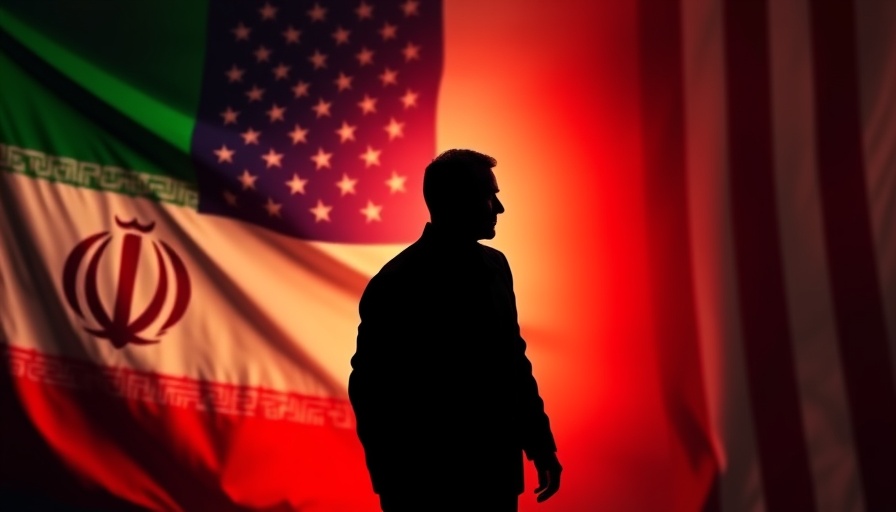
Unpacking the Fallout: Pentagon Officials Speak Out
Recent events surrounding the ousting of key Pentagon officials have thrown the spotlight on the internal workings of the Department of Defense. On April 19, 2025, Dan Caldwell, a senior advisor to Secretary of Defense Pete Hegseth, and two other officials found themselves unceremoniously removed after allegedly leaking sensitive information. In a joint statement, they publicly expressed their disappointment and confusion regarding the investigation that culminated in their termination.
Caldwell took to social media platform X, asserting that the accusations leveled against him were baseless, calling the statements made by unnamed Pentagon sources 'slanderous.' This revelation aligns with a broader narrative of transparency issues and accountability within governmental agencies, which compound the aftermath of high-stakes governance.
Historical Context of Internal Investigations
Internal investigations, particularly in government settings, are not new phenomena. The Pentagon's scrutiny of its officials can be traced back to significant historical leak cases, such as the Pentagon Papers, which dated back to the Vietnam War era. These investigations often arise during politically sensitive times, risking not only the integrity of individual careers but also the public’s trust in governmental oversight. Caldwell’s case raises questions similar to those faced during previous scandals—how transparent should the military be about its internal processes?
Public Trust and Internal Governance
The questions posed by the ousted officials reflect a deeper rift in public trust towards institutions tasked with safeguarding national security. Are investigations like Caldwell's more about making headlines than about seeking the truth? By keeping the specifics of such investigations under wraps, the Pentagon may inadvertently fuel skepticism and speculation among civilians and analysts alike. As trust in political institutions wanes, how does that affect the morale of those serving within them?
Current Events and Implications on Defense Policies
This incident resonates with ongoing discussions regarding the integrity of military operations and how defense policies are shaped amid allegations of misconduct. As global tensions rise, the impact of leadership changes—due to scandals or investigations—can alter military strategy and funding. Furthermore, with public scrutiny at an all-time high, military officials may feel pressured to prioritize public relations over transparency.
The Personal Impact of Ousting
Caldwell’s statement is not just a lament for personal loss but highlights the emotional toll such firings can take on individuals committed to public service. It presents a human aspect often overlooked in political narratives. Stakeholders and the public need to consider how these decisions can affect families, careers, and—ultimately—the quality of military service offered to the nation.
Analyzing the Broader Implications for the Military
As the Pentagon continues to grapple with transparency, broader implications arise for future leaders. Will potential military candidates shy away from candid discussions within their ranks, fearing repercussions? The ripple effects of these decisions could lead to a more closed-off culture in the military, where honesty and dialogue are replaced by caution and fear.
A Call for Transparency and Accountability
Caldwell’s insistence on clarity and accountability puts pressure on the Pentagon to improve its investigative protocols. As society demands greater transparency from its institutions, it is critical that the military adopts clearer guidelines on investigations to cultivate trust. The calls for this change echo the sentiments that are redefining accountability in various sectors, from corporate governance to non-profit organizations.
To foster a system that accurately reflects its values, the Pentagon must consider comprehensive reforms that not only address leaks but also establish fair procedures for those involved. As citizens ask harder questions about governance, the military's response will shape the narrative of defense in the modern era.
 Add Row
Add Row  Add
Add 



Write A Comment